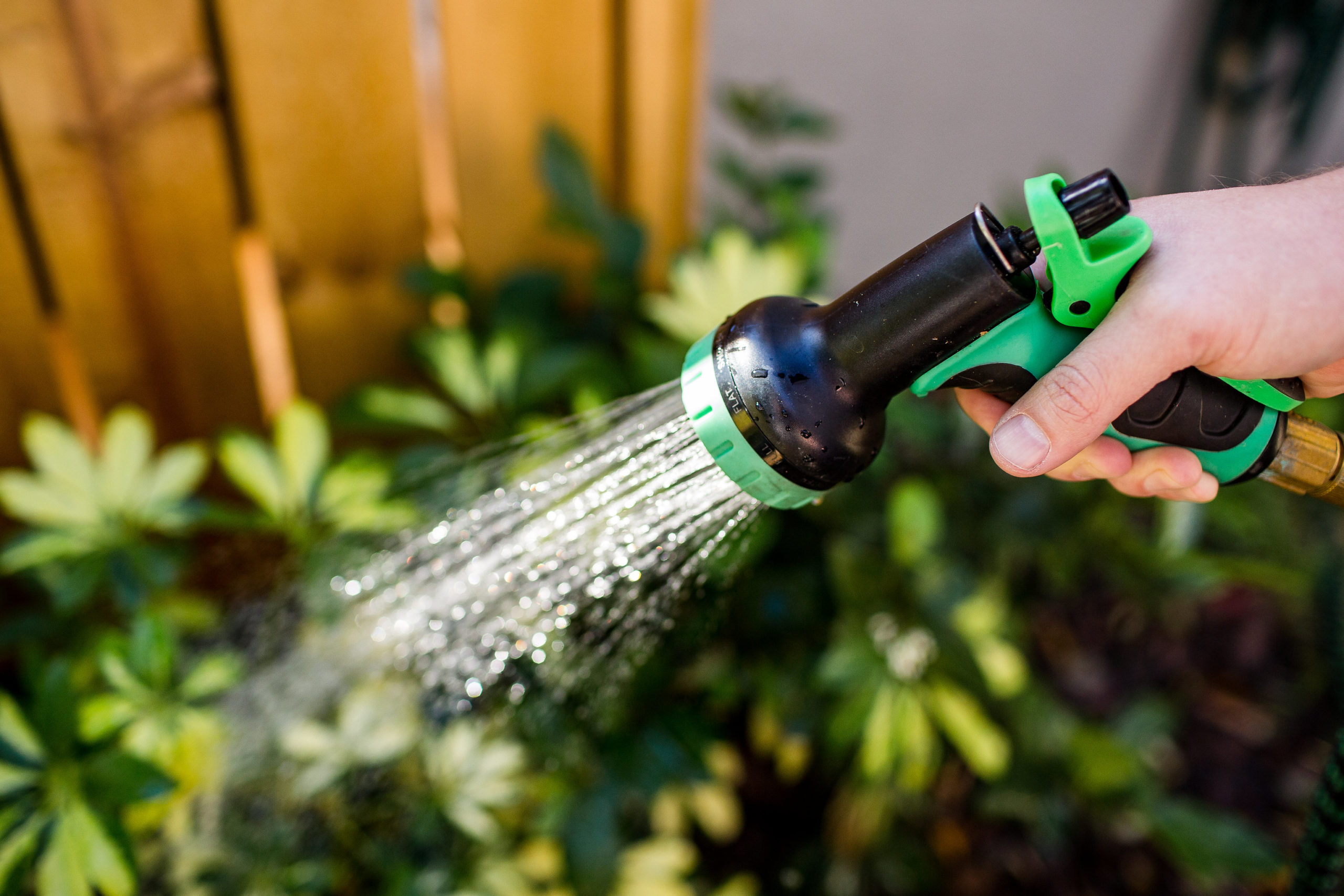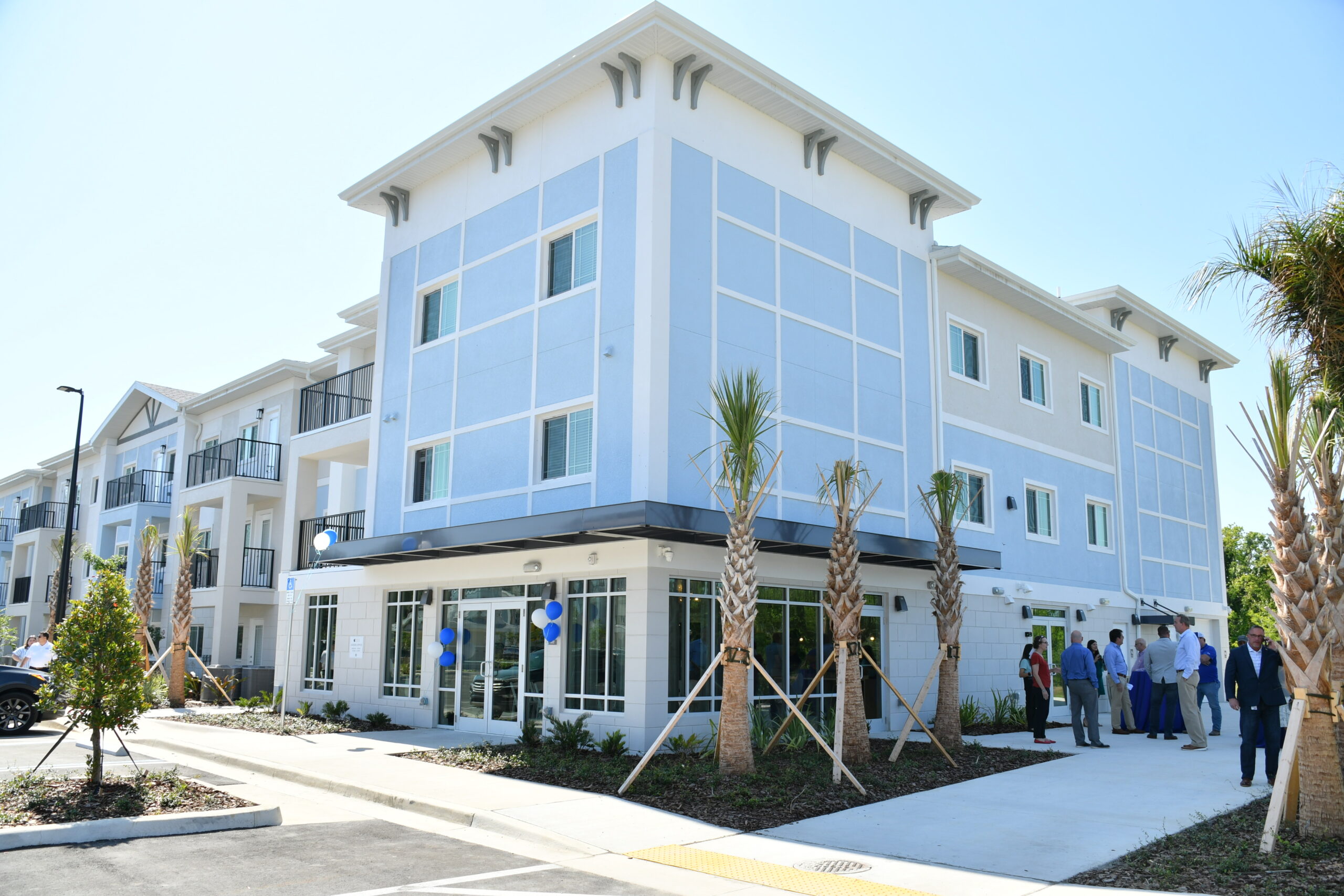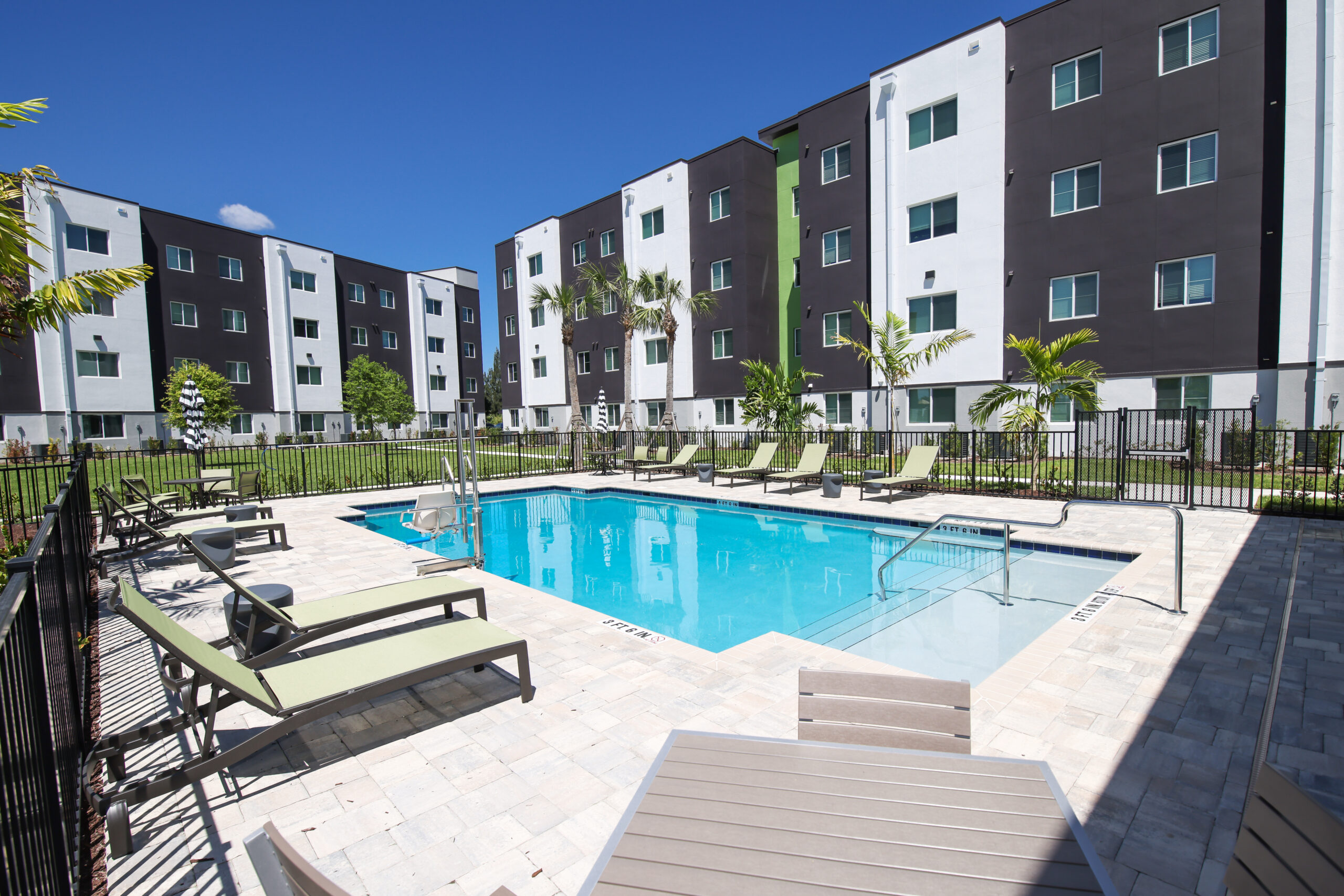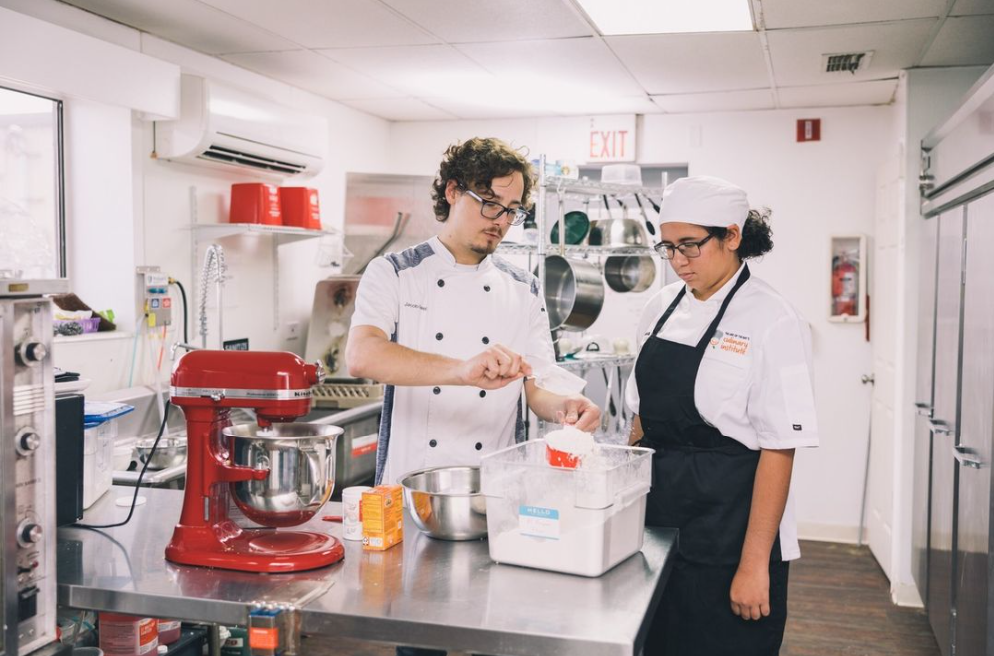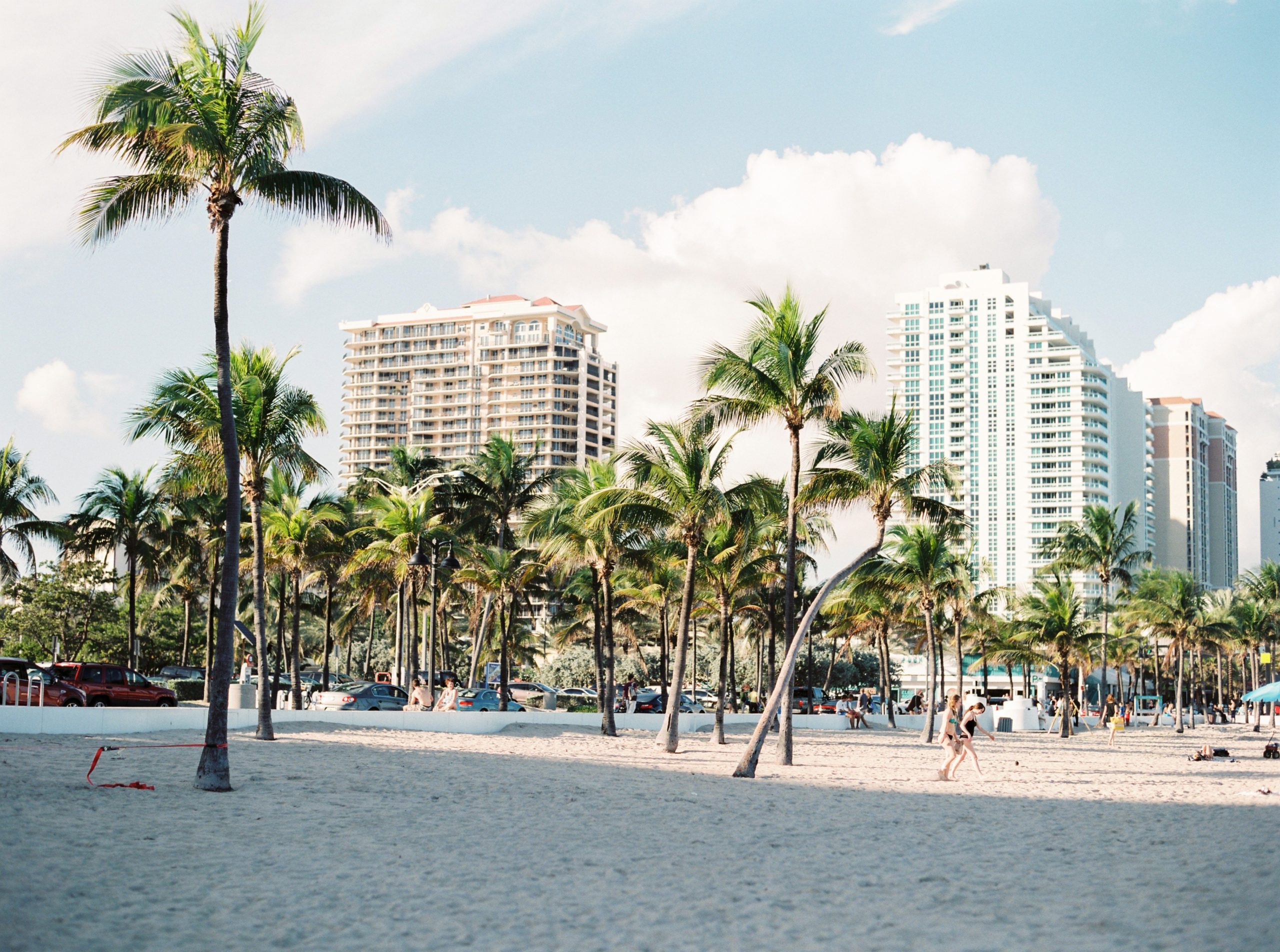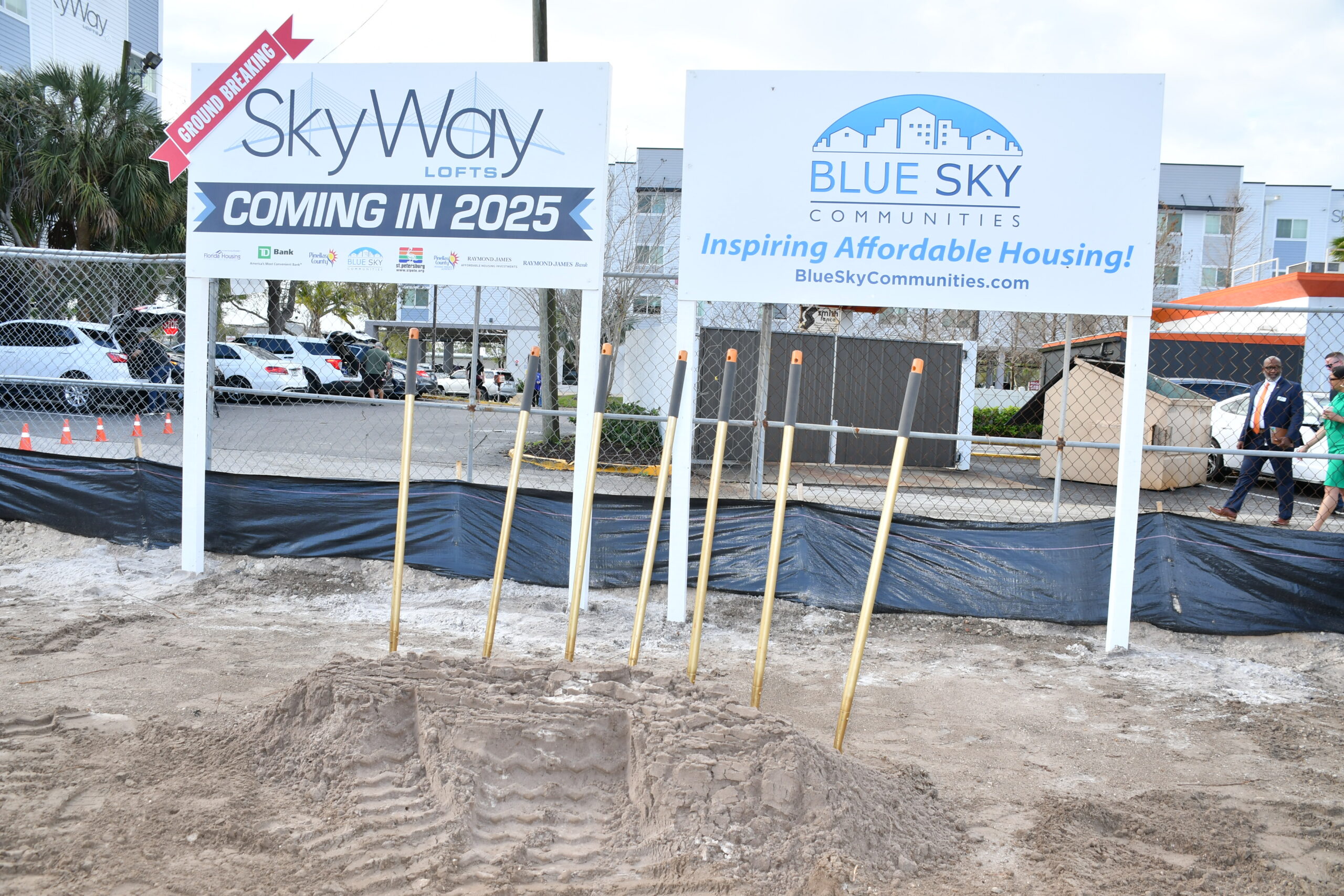It is now rainy season in Florida. This means every time someone puts fertilizer on their lawn, there is a serious chance those chemicals can end up in local waterways, including Tampa Bay and the Gulf of Mexico. The City of St. Petersburg is one of several local governments that uses summer fertilizer bans from June 1 through September 30 to curb water pollution.
“We follow the Pinellas County fertilizer ordinance, which has been in place for more than a decade,” said Julie Vogel. She’s senior capital projects coordinator for the engineering and capital improvement departments.
“Some parts of the ordinance are mandated, and some are encouragements to the public,” she said. “The fertilizer portion says nobody should apply fertilizer from June 1 to September 30 because we know excess nutrients can have negative impacts on our water bodies, from algae blooms to fish kills.”

Learn more about summer fertilizer bans
The county’s has regulations for people fertilizing their individual lawns and for companies using large amounts of fertilizer. The article requires the use of best management practices and has specific guidelines to minimize negative secondary and cumulative environmental effects associated with the misuse of fertilizers and improper landscape maintenance practices.
Those effects impact canals, estuaries, rivers, streams, and interior wetlands.
Related: How to Make Your Backyard Friendly for Native Florida Wildlife
“Collectively, these water bodies are an asset critical to the environmental, recreational, cultural and economic well-being of Pinellas County residents and the health of the public,” the ordinance states. “Overgrowth of algae and vegetation hinder the effectiveness of flood attenuation provided by natural and artificial stormwater and drainage conveyances. Regulation of nutrients, including both phosphorus and nitrogen contained in fertilizer, will help improve and maintain water and habitat quality.”
Benefits of the ban
The ordinance is not new, Vogel said. “By now most everybody is familiar with the ordinance. It doesn’t come as a surprise. The county and city do a really good job of educating citizens.”
The city has seen the benefits of the fertilizer ban, she said. “We have seen beneficial water quality improvements over the last decade, so we know all of the city programs we do to curb excess nutrients from going downstream have beneficial impacts.”
Hillsborough County and the City of Tampa also have fertilizer restrictions.
The Hillsborough County Board of County Commissioners approved its fertilizer ordinance in 2021 to regulate fertilizers containing nitrogen and/or phosphorous. It provides specific management guidelines for fertilizer application to minimize negative impacts to natural waterbodies.
Any fertilizer containing nitrogen and/or phosphorous “may not be applied on turfgrass or landscape plants from June 1 through Sept. 30, though the ordinance does not prohibit stores from selling the material during this application blackout,” according to the Hillsborough County ordinance.
“Fertilizers containing iron, manganese and other ‘micronutrients’ also referred to as ‘summer blends’ can be applied during the restricted season to keep lawns healthy and green (as recommended by Florida Yards Neighborhood/Florida Friendly Landscape Program).”
Fertilizers containing phosphorous can never be applied to turfgrass or landscape plants. However if a soil analysis test shows a phosphorous deficiency they may be used.
How Homeowners Can Help
- Refrain from using fertilizer throughout the summer
- Use a slow-release fertilizer in spring or fertilizer-free micronutrients in the summer to keep the lawn healthy all summer
- Remove debris or vegetation near storm drains year-round to keep it from entering water bodies
- Leave a no-mow zone six feet from any body of water, which helps establish a protective barrier to keep toxic nutrients out of the water
- Replace turfgrass and non-native plants with Florida-friendly native plants that require less water and maintenance
To learn more, visit stpete.org/fertilizer.











